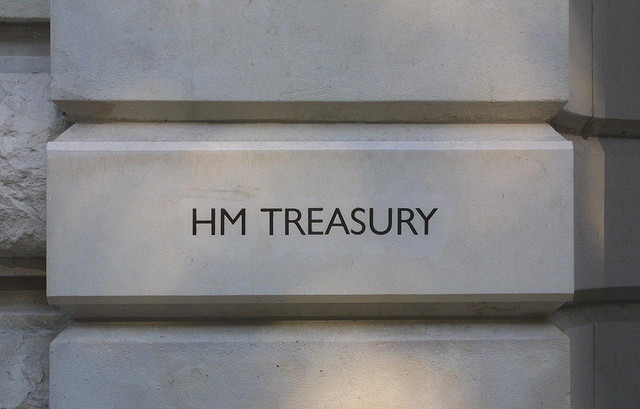HM Treasury has launched its interim Net Zero Review ahead of the publication of the full document in spring 2021.
The review – which contains initial analysis over policy recommendations – highlights the challenges associated with predicting the investment needed for the net zero transition and the consequential impacts on operating costs. These are affected by a number of factors, including what the path of the transition will look like, government policy, changes in behaviour and the rate at which technology costs fall and efficiency gains are made.
Estimates can, however, still be “useful”, with the review pointing to the Climate Change Committee’s initial forecast of £50 billion in 2050, which was then revised down to £16 million in its advice on the Sixth Carbon Budget.
Whilst costs are uncertain, investment is a “vital component of economic growth, and significant investment will be necessary to achieve net zero”.
Some investment will move from carbon-intensive industries to low-carbon alternatives, but new spending is also likely to be necessary, according to the review, which went on to warn that a substantial increase in public investment would risk crowding out private funding. This is less likely to happen when economic growth is below trend and counter-cyclical public investment can be expansionary.
Well designed policy will, however, have the potential to reduce costs and risks for investors, support innovation and the deployment of new technologies. Whilst the majority of the finance required for the development of new technologies can come from the private sector, risks and uncertainties associated with novel technology can hold this back. Clear policy can hep address those uncertainties.
It is important that the government takes “early and decisive action”, providing clear signals on the direction of net zero policy to give certainty to investors and to allow businesses to plan and adapt effectively, with a gradual and smooth transition supporting and reducing systemic risks to the financial system.
Earlier this week, the government published its energy white paper, detailing plans and analysis on how it will achieve the large levels of decarbonisation required out to 2050.
During the transition, the government will need to use a mix of policy levers to address multiple market failures and support decarbonisation, the Treasury said. The most important market failure to address is the negative externality associated with the emission of greenhouse gases, but there are “many others holding back the transition to net zero”, including inertia and lack of information.
Overall, the review found that the combined effect of UK and global climate action on UK economic growth is likely to be relatively small, with the scale, distribution and balance of new growth opportunities and challenges to depend on how the economy and policy respond to the changes required.
Kemi Badenoch, the exchequer secretary to the Treasury, said the review will “help inform our next steps as we work to build back better and greener”.
“We are determined to achieve a cleaner, green future, and cutting our emissions to net zero by 2050 is crucial to this.”





